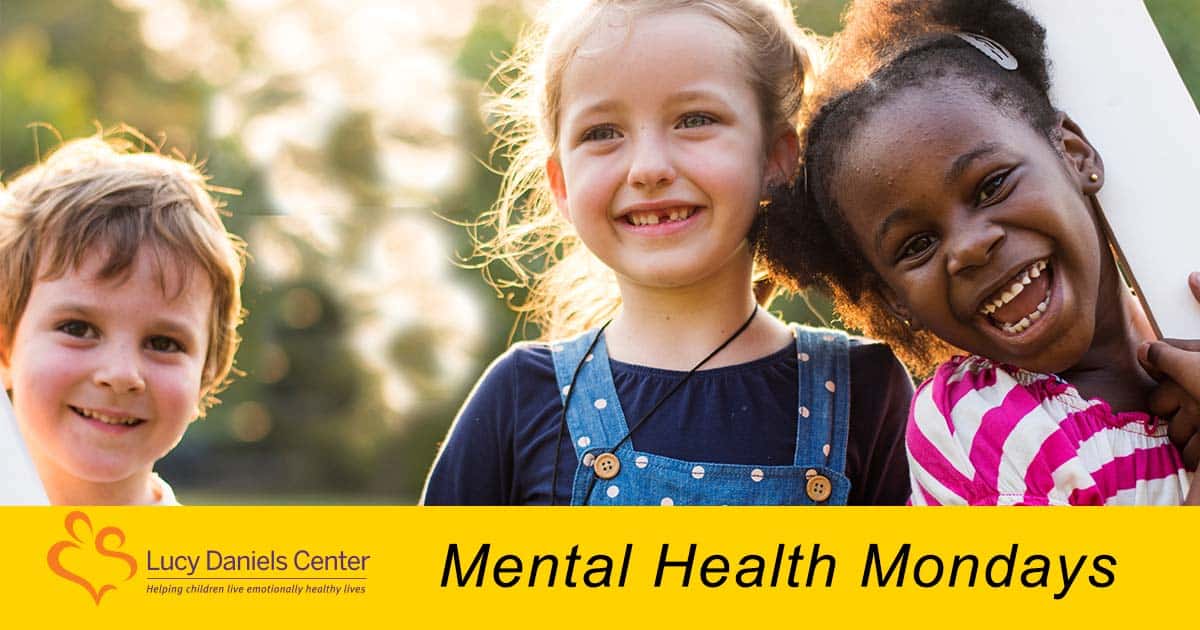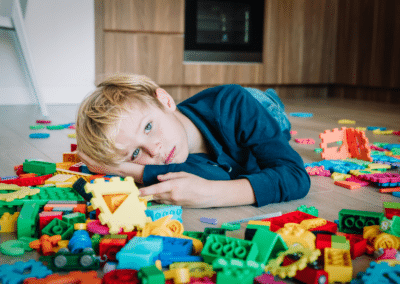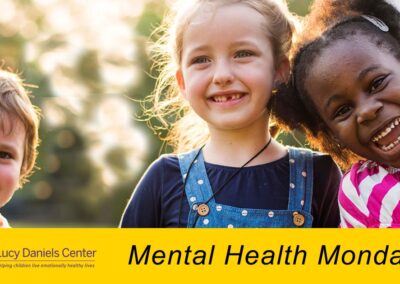Mental Health Mondays
Helping Children with their Feelings about Winning and Losing
You win some, you lose some. You can’t win them all. Winning isn’t everything. We have all sorts of sayings to help children cope with the feelings that come with winning or losing. For some, winning brings the temptation to boast or belittle the losing side, while losing can trigger meltdowns or even resistance to joining in activities that have unpredictable outcomes. Understanding the significance of winning or losing to young children is helpful in determining how to support them in this area of their social and emotional development.
Wins and Losses: The Meaning to Children under Six
Until the age of six or so, children have a magical view of their world. They often believe in magical powers: their own (e.g., the power of a wish to be known to others or to bring about action) as well as others’ (e.g., the power of Santa to know what to bring, the power of the tooth fairy to know when to come, and the power of their parents, of course, to protect and make all things better). It stands to reason that anything that threatens the sense of safety this magical thinking brings is undesirable and to be avoided! Furthermore, young children tend to view their world in concrete ways: Good guys and bad guys. Good guys win and bad guys lose. Winning means I’m good and losing means I’m bad. With all of this in mind, we can see that winning a game, to a young child, is so much more than the isolated achievement. It supports a young child’s feeling that he is powerful and can stand up to life’s dangers.
School-aged Children: Kindergarten and Beyond
While elementary-aged children can be very competitive, their magical thinking about the world is gradually shifting into a more mature world view, one that is comprised of shades of grey (sometimes good guys lose, but they’re still good guys and good guys have flaws, too) and peppered with the realities that there aren’t magical fixes to life’s challenges: parents cannot read their children’s minds, nor can they always be right there to fix everything, and magical characters, though one may still hold onto a wish for their existence, don’t protect and bestow gifts upon children around the world. As the magical world view fades, a child’s ability to cope with the realities of the world grows, and an event such as a loss of a game – when it doesn’t symbolize power, control, or safety – can be taken in stride.
Helping Children Who Struggle with Losing
For some children, the process of letting go of magical thinking and accepting life’s realities does not come easily. Of course, determining how to best help a child with any feeling begins with understanding the reasons for the feeling as well as the child’s age and where they fall along the developmental line of magical thinking. For a young child who has a fear of bad guys or monsters, for instance, mostly winning remains important while exposure to the occasional loss lends itself to reassurance that losing a game doesn’t make one weak or a “bad guy.” As a child grows older, comments that separate outcomes from what they may symbolize help prepare a child for the unpredictability that lies ahead, “Now remember, sometimes you win, sometimes I win, but a game is just a game.”
When to Seek Help
Some children struggle extensively with the unpredictability of certain activities, so much so that their need for control interferes with their ability to participate fully. Some children may avoid games or competition with their peers altogether, protecting themselves from the dangers of the unknown, while others may bend the rules or cheat to control the outcomes. Persistent struggles in this area of development may indicate that there are emotional interferences with the ability to comfortably win, lose, or relinquish a sense of power and control. In such cases, a mental health professional can provide a place to explore and work through the feelings that prevent a child from entering the world of games in a comfortable and carefree way.
Lucy Daniels School is an emotionally safe and supportive learning environment for children preschool-5th grade. Lucy Daniels School provides an alternative choice in our therapeutic school for children who struggle emotionally and academically in a mainstream school environment. At the Lucy Daniels School, each child’s education and therapeutic program is carefully tailored to his or her needs and strengths. Parents meet regularly with a parent guidance counselor. This collaborative approach helps children progress socially and academically to become successful and competent learners.



